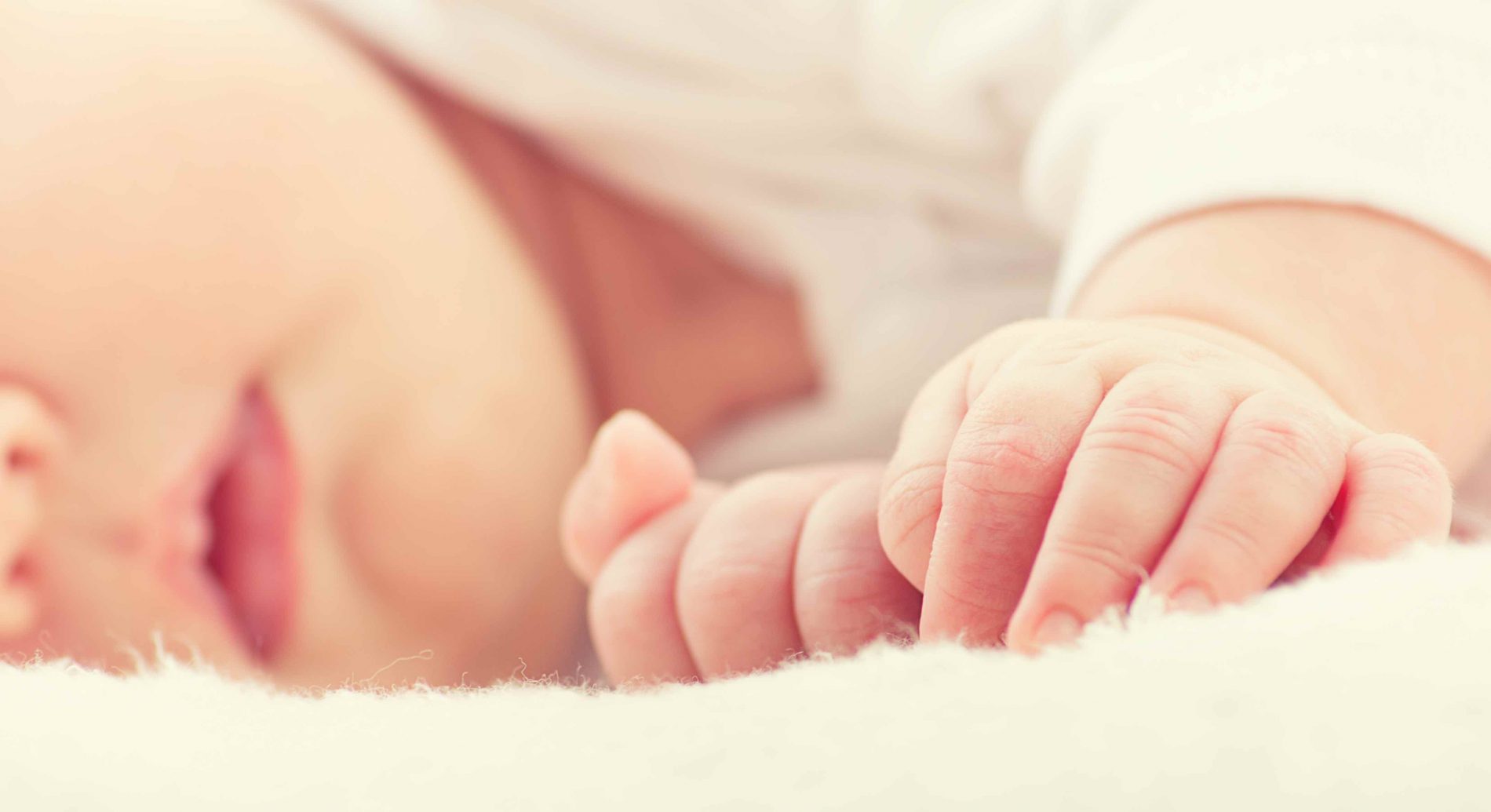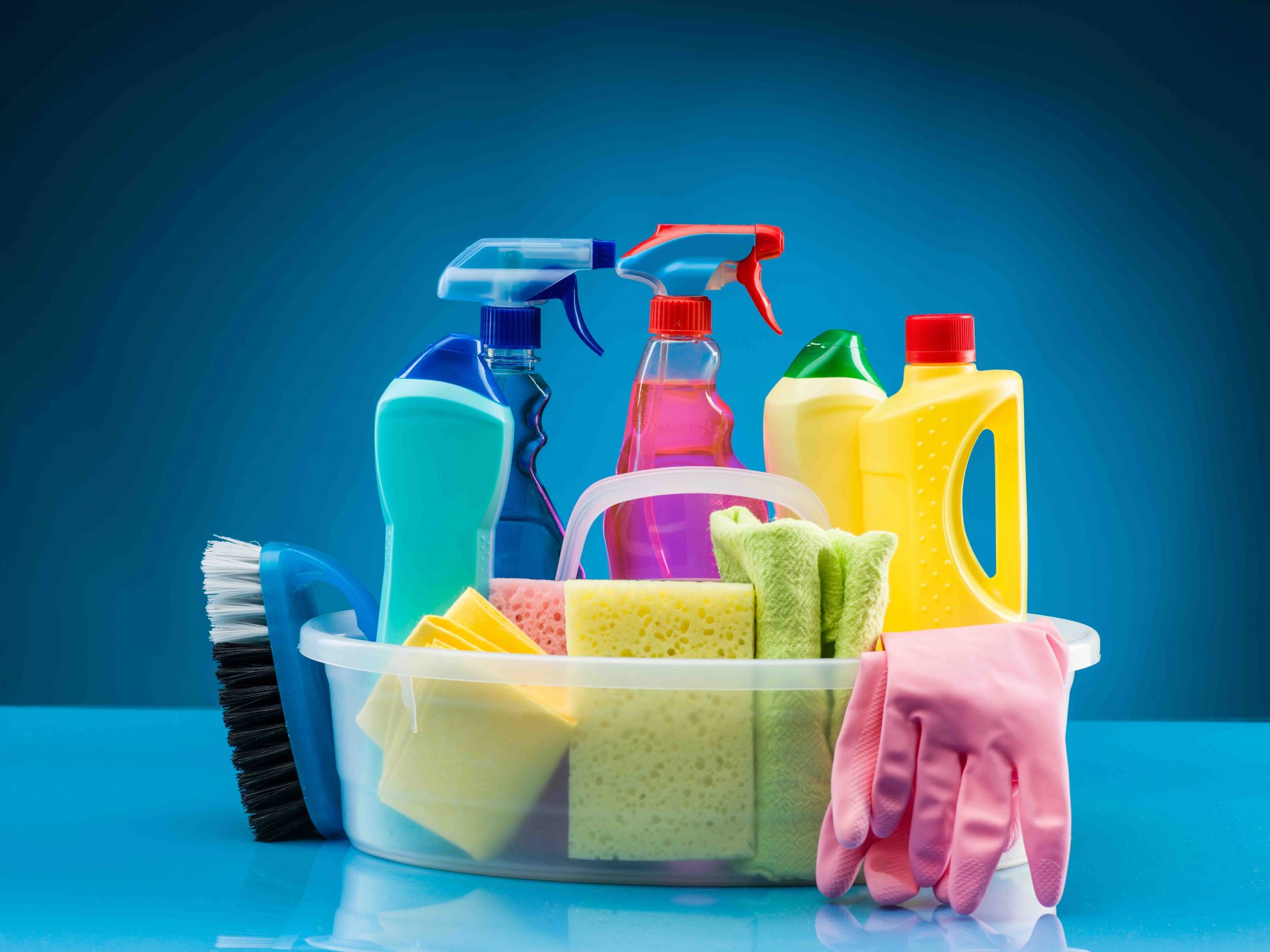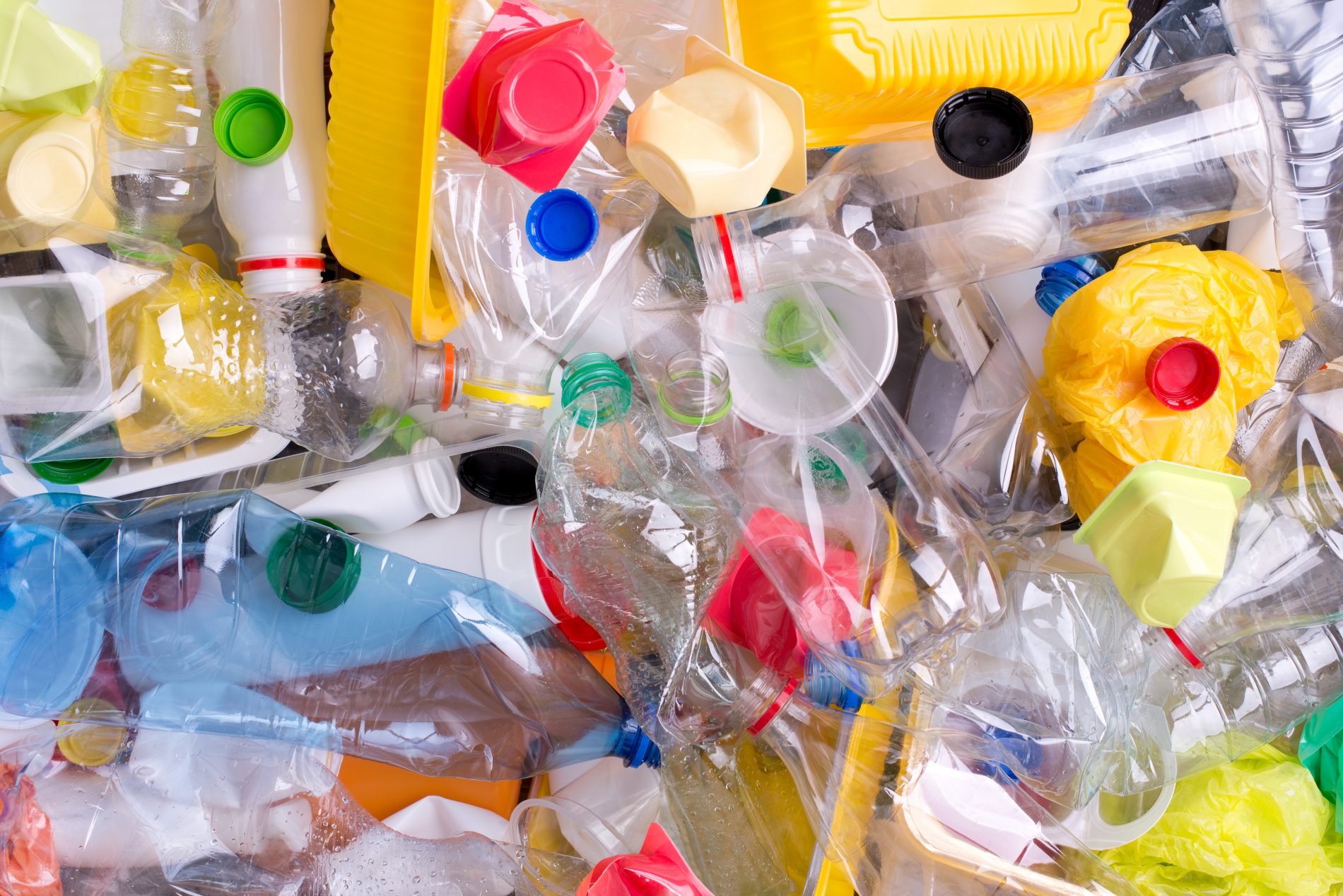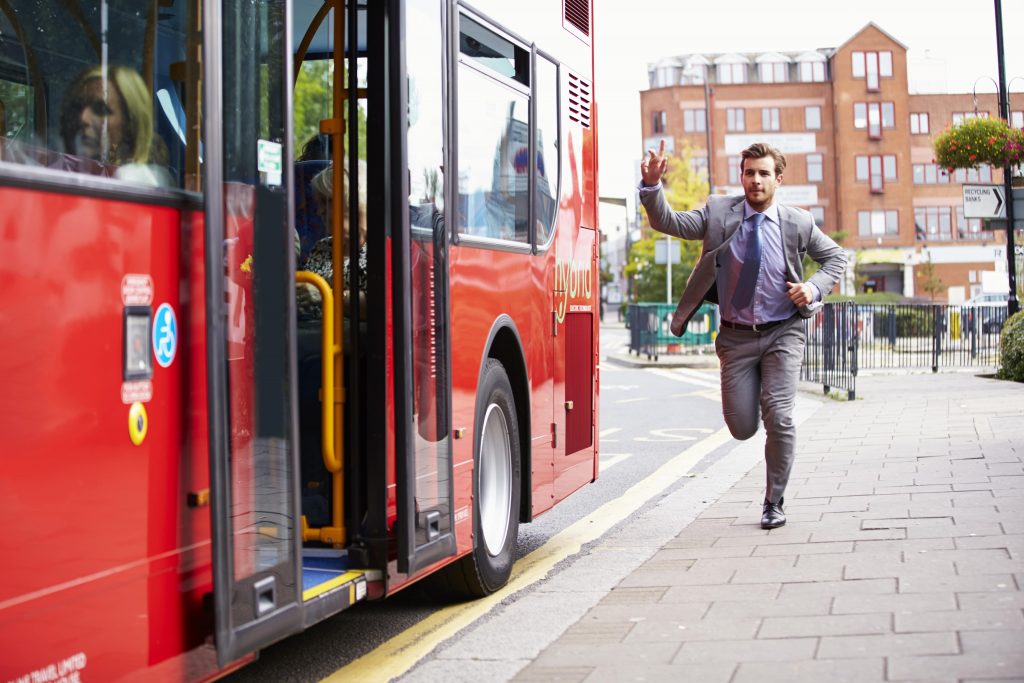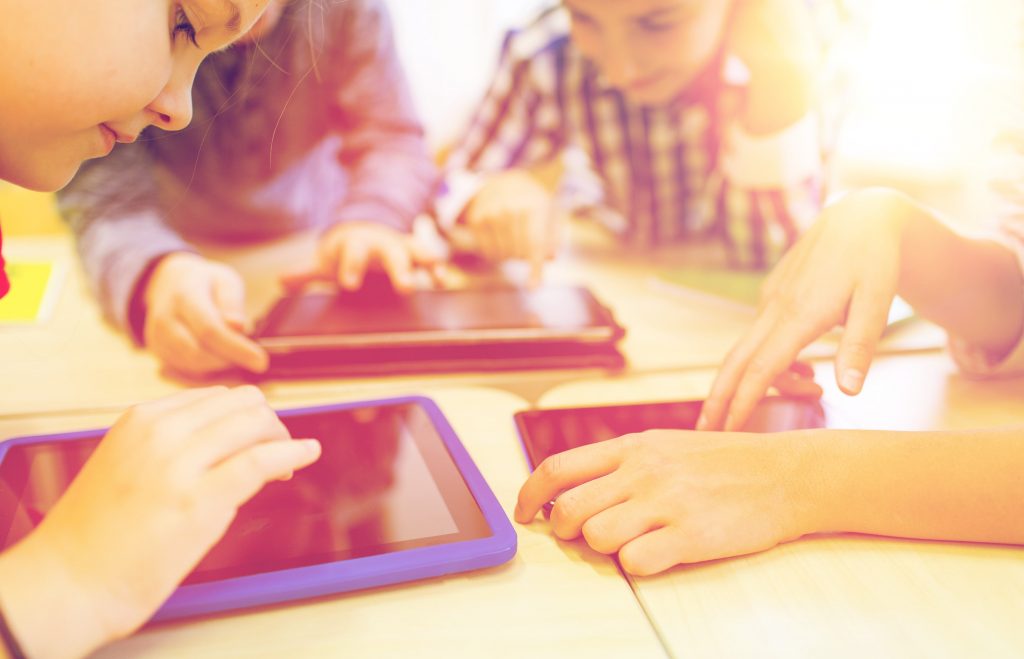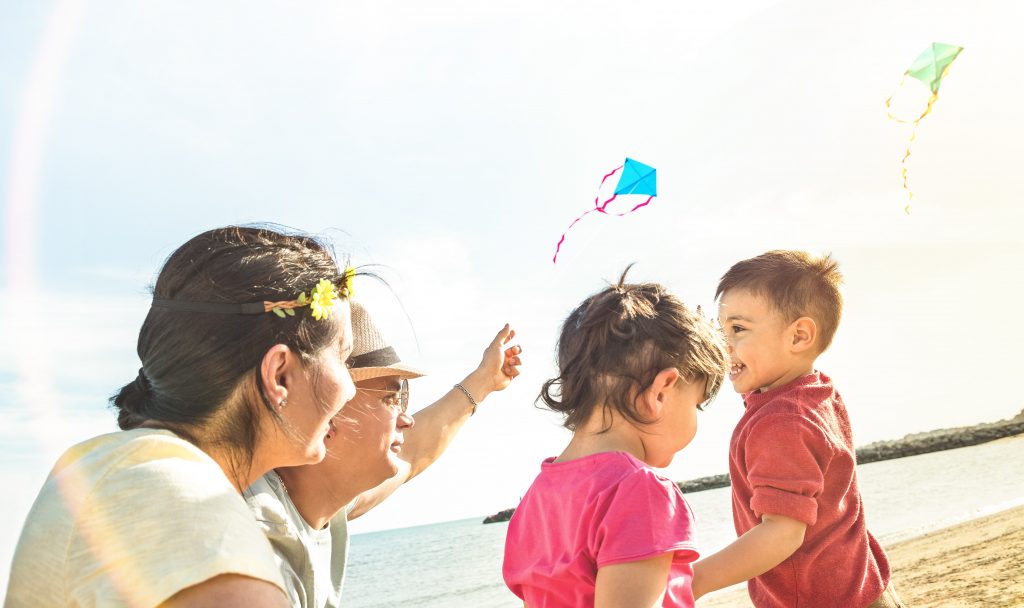Gary Chapman’s book, The Five Love Languages describes five different styles of showing your love. Whether it be to your spouse or loved ones. These include;
What Is Your Personal Self-Love Language?
How do you best respond to acts of love done by you for you? Most of us run through our days checking off our to-do lists. Ensuring that the needs of everyone else are met. By the time the day is over, you may be feeling tired or drained. Maybe even overwhelmed by the never-ending list of tasks that are yet to be completed.
Unfortunately, living like this is not benefiting your health or your relationships with;
- Family
- Friends
- Children
- Neighbours
- Co-workers
It is time to tune in to what your self-love language is and start showing yourself some love.
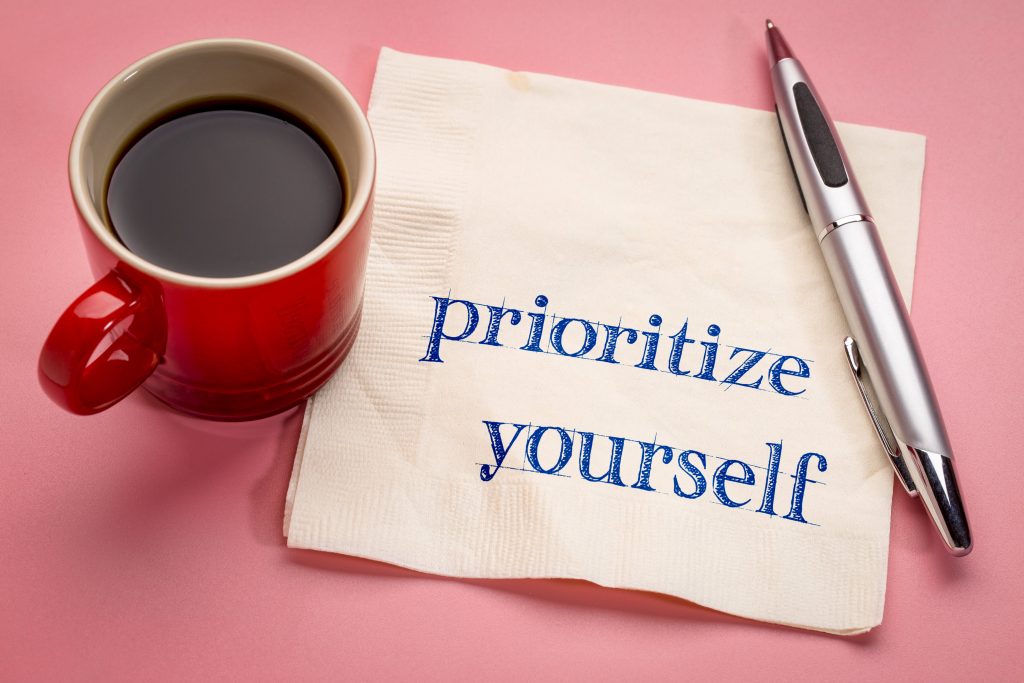
Make Yourself A Priority
The five self-love languages are the same as what we listed above. However, you are going to be tending to the most important relationship you will ever nurture, the one with yourself.
This concept might feel strange at first. Especially if you aren’t used to focusing your attention on yourself. But I encourage you to power through those feelings. Really work hard on filling up your own love tank so that you can be a more grounded and happy person.
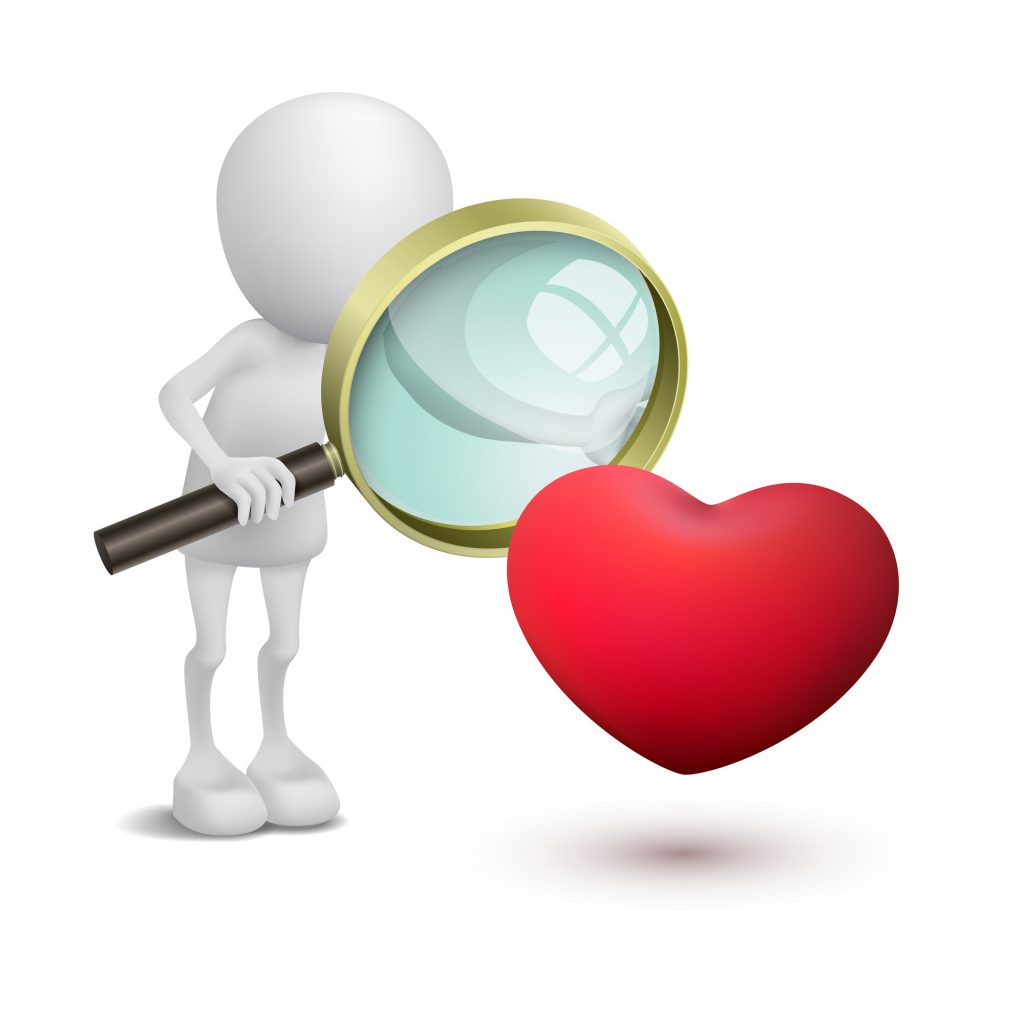
Find Your Self-Love Language
Let’s take a look at how these different types of self-love languages could be applied to our lives.
- Words of Affirmation – The inner dialog that you have going on with yourself is vitally important to your health and self-image. Spend time everyday saying nice things to yourself. While you brush your teeth, or in the car on the way to work, tell yourself 3 things that you value and love about yourself. With each passing day this task will become easier as you become more comfortable with having this type of dialog with yourself.
- Acts of Service – To perform an act of service for yourself, look at ways to fill your heart with joy. It may be delving into your faith or volunteering at a local charity, or donating something to someone in need.
- Receiving gifts – Set aside twenty dollars per week (or whatever you can afford) to use to buy yourself something that you have always wanted, or invest in a hobby.
- Quality Time – Spend time doing something that fills you with joy and relieves stress. It may be taking a yoga class, learning how to do a hobby, reading a great book, or it could be as simple as taking a rejuvenating nap.
- Physical touch – To show yourself love through physical touch, you could get a massage, a manicure or pedicure, get a new haircut, or get a reiki treatment. Other options would be to sweat it out at the gym or your favourite workout class.
Whatever your self-love language may be, start today by making yourself a priority.
Jo-Anne Richardson has almost a decade of experience managing a chiropractic office and educating patients on how chiropractic can allow your body to express optimal health. She is a Registered Holistic Nutritionist and holds a Degree in Communications. She loves to experiment with raw vegan recipes, loves to salsa dance, travel and learn new holistic health information to share tips with everyone who visits the office.


